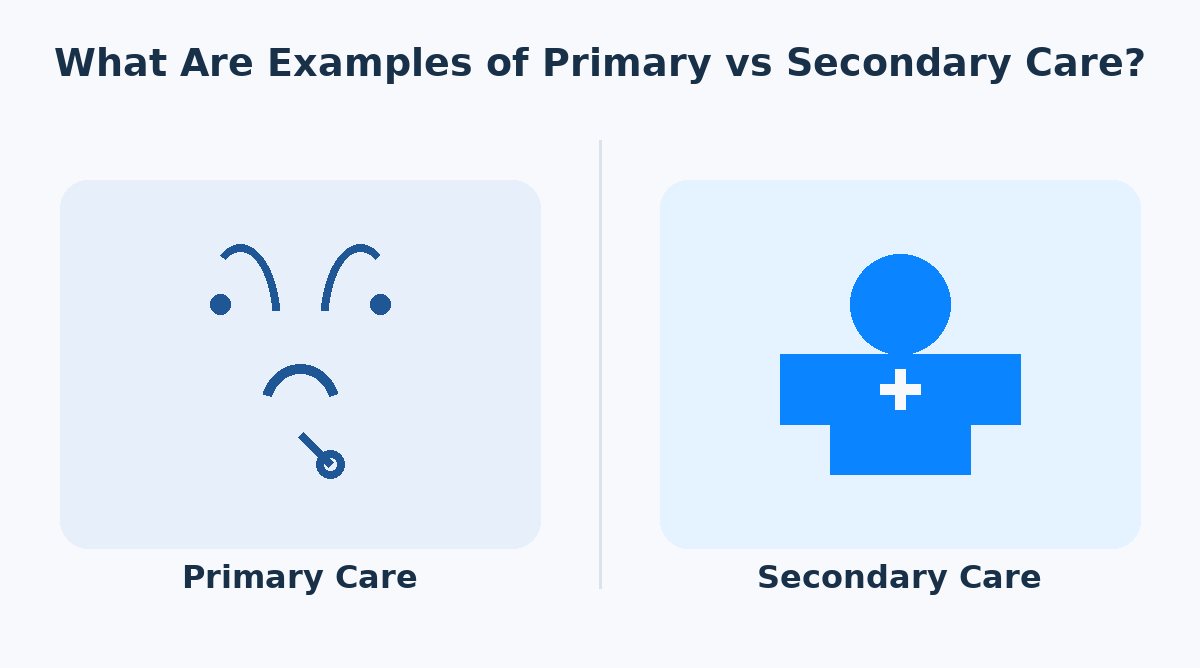Weight loss is not just about reducing calories or the pursuit of short-term weight loss. It is about finding a program that suits your body, lifestyle, and long-term well-being. There are myriad weight-loss programs out there, whether they be dietary (i.e., internet-based) or medical (i.e., clinical treatment). The question is: what is effective but also safe about a weight-loss program? This book helps you through all the steps in making an intelligent, sustainable decision.
What does “safe and effective” really mean?
There is a secure weight-loss program that safeguards your physical and mental state. It encourages slow and consistent weight reduction, usually about 1 to 2 pounds weekly, and does not involve large calorie deficits, destructive substances, or unnatural hopefulness.
A good program, at the same time, assists you in making a permanent change. It is not all about dropping to a desired weight, but it is all about adopting a set of habits that will keep you going. Success is not a number on the scale where you gain an unsustainable weight that you can suddenly achieve through unrealistic habits, but a number that is simply manageable and results in fewer risks to your health and an overall better quality of life.
Who should consider a structured weight-loss program?
Structured weight-loss programs can benefit anyone who struggles to manage weight on their own. If you’re dealing with obesity, overweight-related health conditions, or repeated weight-loss failures, a professionally designed program can provide the tools and support you need.
Individuals with conditions like type 2 diabetes, hypertension, or heart disease need to seek professional guidance. These conditions can be improved through weight management, but only when the approach is medically sound
Talking with your healthcare professional
Consult a doctor or a registered dietitian before embarking on any program. They are able to assist you in establishing whether or not you should lose weight, what your overall health condition is like, and what safe methods can be employed. They can also determine conditions that are underlying (such as thyroid diseases or metabolic problems) and influence your weight.
Medical workers will also be able to lead you to proven programs and prevent hazardous trends. In others, you might be sent to a serene weight-loss facility or an organized plan.
Assessing your personal needs and lifestyle
Each human being is unique. One program may not work on the other individual. Consider your lifestyle, time, interests, or support resources when comparing different weight-loss options.
Which one do you prefer, being supported in person or virtually coached? Are you a professional with little time who requires flexibility or a person who works well with a guided structure? The most appropriate program will be the one that will fit your lifestyle and deal with your personal change impediments.
What should a reputable weight-loss program include?
A credible program that is aimed at long-term success must include numerous evidence-based elements rather than a diet or exercise regimen. These are the characteristics of a moderate, whole-person practice that can promote physical and psychological health discourse.
Realistic and sustainable weight-loss goals
The programs are supposed to make you focus on having a gradual and progressive loss of weight, or approximately between 5 to 10 percent of your body weight, in six months. Very fast weight loss is likely to cause health complications as well as rebound weight gain.
More realistic goals are safer and will also increase the chances of following the plan. A sustainable program is concerned with normal body composition modifications as opposed to short-term solutions or drastic changes.
A balanced and evidence-based eating plan
Proper diet is all about concentrating on the nutrient-rich foods instead of empty calories. This contains vegetables, fruits, lean protein, whole grains, and good fats. Stay away from programs that are highly restrictive, cut out whole food groups, and encourage unsubstantiated cleanses and detoxes.
Seek flexible measures so that you can eat what you love, continue eating social foods, and also adjust to what suits your culture. The correct diet must be one that can be adhered to and not endured.
A structured physical activity component
Exercise is the key component of an effective weight-loss program. It is good for the heart, raises the metabolism, gains muscle, and elevates mood.
The desirable program ought to take you through at least 150 minutes of moderate exercise each week, including brisk walking, and twice-weekly sessions of strength training. It must begin at the level of your fitness and build up gradually.
Behavioural support and habit tracking
Behavior modification is among the most difficult aspects of weight loss. Studies with more long-term success are programs offering not only counseling but also habit-tracking or group support programs.
The support can be provided individually in the form of coaching, in groups, or with the help of the accountability functions of an app. Goal setting, self-monitoring, cognitive restructuring, and problem solving are important behavioral techniques used in lasting change.
Long-term weight maintenance strategies
The truth of the matter is that the difficulties start when you have lost the weight. Maintenance is an activity that involves continuous work, nourishment, and planning. Good programs will allow you to develop relapse prevention tools and positive habits and be inspired despite plateaus.
Weight maintenance programs need to feature frequent checking in, aftercare materials, and loose plans to cope with life adjustments that occur, such as during stress or travel
Evaluating online and hybrid programs
Ever since the increased spread of digital health products, the majority of weight-loss Las Vegas regimens have gone online or even offered mixed models. These may be quite effective, provided that they possess the same level of quality in comparison with the face-to-face programs.
Seek out virtual platforms with personalized feedback, modular organization, tracking activities, and real-time coaching. Be cautious of cookie-cutter applications, solutions, or programs with no human support.
Warning signs to avoid
Not all weight-loss programs are safe. Some exploit insecurities with promises that sound too good to be true. Be cautious of programs that:
- Promise rapid results (e.g., “Lose 30 pounds in 30 days”)
- Eliminate major food groups without explanation
- Require you to buy expensive supplements
- Lack qualified medical or nutritional staff
- Don’t provide long-term maintenance strategies
Scams often rely on fake testimonials and vague science. Always check credentials and reviews before committing.
Conclusion
When you want to lose weight and get in shape, you need to make one of the most crucial choices for your well-being: a safe and effective weight-loss program. Pay attention to the programs that will help to develop sustainable best practices, provide you with professional support, and stand by your side along the way.
Stay away from short-term solutions. To the contrary, he/she should refer to your healthcare professional, research visibility options, and adhere to sustainable transformation. The improvement you will appreciate yourself in the future. To schedule your appointment with the highest standard of care, visit Sahara West Urgent Care on our website, where you can also explore more informative blogs.
Faqs
What is the safest rate of weight loss?
Losing 1 to 2 pounds per week is considered safe and effective. It’s also more sustainable over time.
Are online weight-loss programs reliable?
Many online programs are effective if they include personalized support, expert guidance, and tracking tools.
Do I need to exercise to lose weight?
Yes. While diet plays a large role, physical activity is essential for fat loss, muscle preservation, and long-term maintenance.
Can weight-loss programs help people with medical conditions?
Absolutely. Structured programs often help manage or reverse conditions like diabetes and hypertension when medically supervised.
Is joining a clinical trial a good idea?
It can be. Clinical trials provide access to innovative treatments and expert care, often at no cost.





